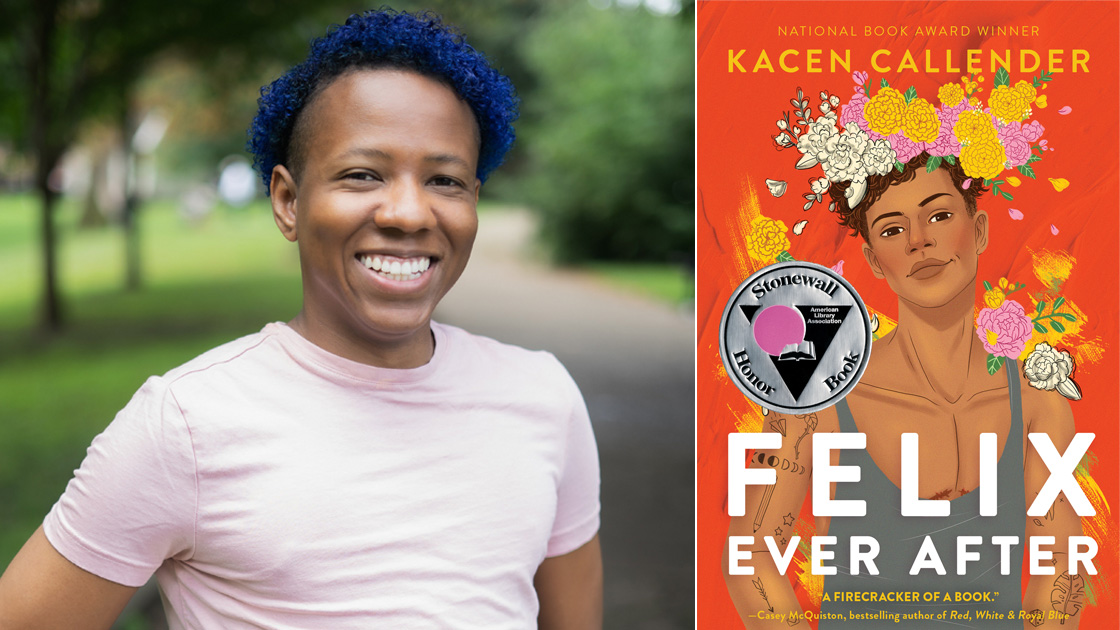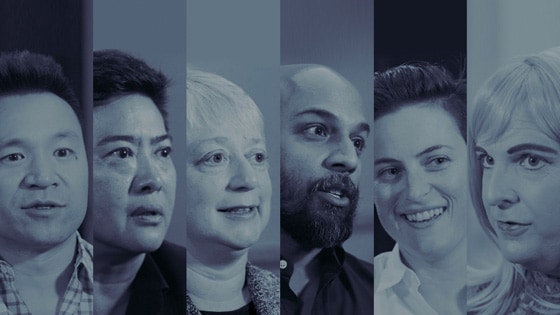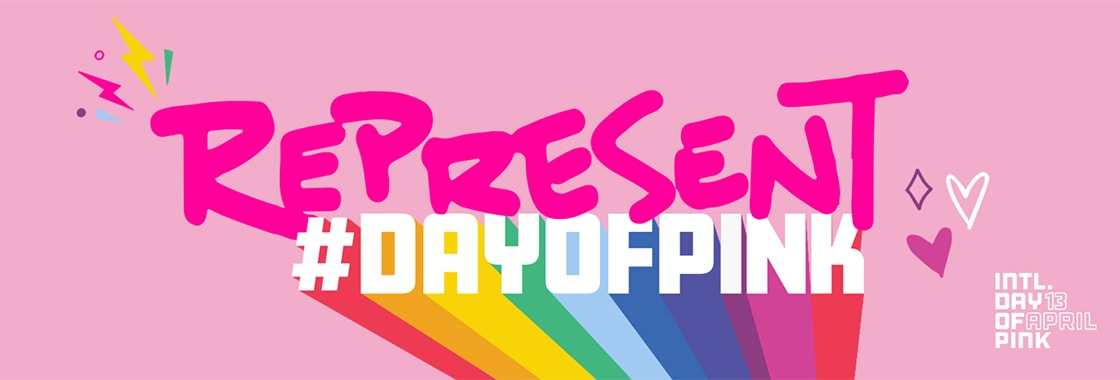- Mailing Lists
- in
- Is your pink shirt ready for next Wednesday?
Archives
- By thread 4452
-
By date
- June 2021 10
- July 2021 6
- August 2021 20
- September 2021 21
- October 2021 48
- November 2021 40
- December 2021 23
- January 2022 46
- February 2022 80
- March 2022 109
- April 2022 100
- May 2022 97
- June 2022 105
- July 2022 82
- August 2022 95
- September 2022 103
- October 2022 117
- November 2022 115
- December 2022 102
- January 2023 88
- February 2023 90
- March 2023 116
- April 2023 97
- May 2023 159
- June 2023 145
- July 2023 120
- August 2023 90
- September 2023 102
- October 2023 106
- November 2023 100
- December 2023 74
- January 2024 75
- February 2024 75
- March 2024 78
- April 2024 74
- May 2024 108
- June 2024 98
- July 2024 116
- August 2024 134
- September 2024 130
- October 2024 141
- November 2024 171
- December 2024 115
- January 2025 216
- February 2025 140
- March 2025 220
- April 2025 26
As war rages in Ukraine, here’s how companies are responding to compounding crises.
Déboguez plus rapidement et profitez davantage de la vie.
Is your pink shirt ready for next Wednesday?
Intersection Subject Line
Creating a world where LGBTQ+ youth are celebrated
.
|
||||||||||||||||||||||||||||||||||||||||||||||||||||||||||||||||||||||
by "McKinsey Intersection" <publishing@email.mckinsey.com> - 02:26 - 7 Apr 2022




